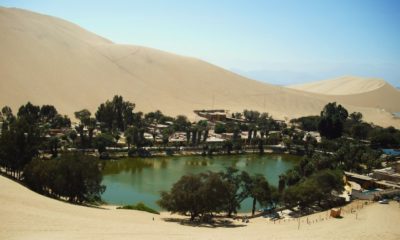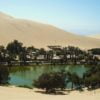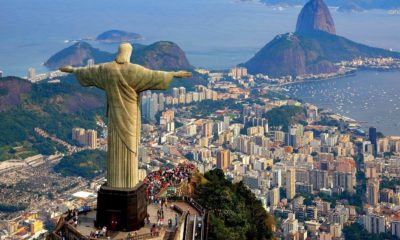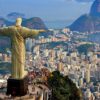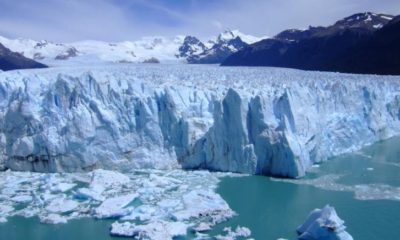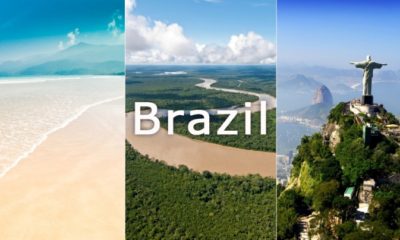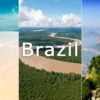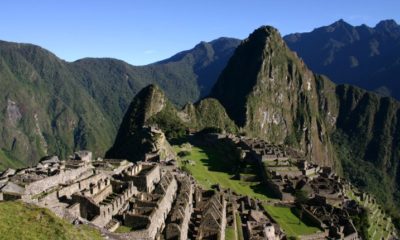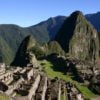South America
Backpacking Bolivia Need To Know
Basics
Language:
Capital:
Currency:
| Dial Code:
Emergency Services Number:
Time Difference:
|
Entry
Citizens of most countries (including all EU countries, Australia and New Zealand) do not need a visa if your purpose of visit is tourism for 90 days (be aware Bolivia sometimes limits the number of 90 day stays, so you could be issued a 30 or 60 day stay). Canadians don’t need a visa for 30 days. Citizens of the US and several other nations can obtain a visa on arrival for around US$50.
Yellow fever vaccination is required for travellers arriving from countries with risk of yellow fever transmission.
Your passport should be valid for a minimum period of six months from the date of entry into Bolivia.
For official information visit your home government travel bureau.
Getting Around
When choosing your transport, use established companies and seek local advice.
Always book taxi’s in advance, rather than hailing from the street, as many are unlicensed. ‘Radio Taxis’ are usually reliable.
Social conflict is common in Bolivia and blockades may occur along the main roads. Public transport can be disrupted at very short notice and strikes may result in widespread road blockades, including on roads to and from airports. You should never try to cross a blockade.
More detail is to come in this section, but you can read about general advice regardingGetting Around When You Get There
Recommended For Further Information
If you are heading to multiple destinations in South America I highly recommend picking up a copy of Lonely Planet’s; South America On A Shoestring. It provides the most relevant, up-to-date advice on what to see and skip, how to get around, where to stay, and how to optimise your budget for an extended continental trip…

Accommodation
Bolivia has a wide variety of hostels and you should never have any problem finding one.
The average price of a hostel is 50-100 BOB (£5-10) a night. Hotels can also be relatively cheap, but vary in quality.
All hostels in Bolivia will provide linen and bathroom facilities. Usually there will be cooking and internet facilities as well as common and laundry rooms.
Read more about Accommodation When You Get There and Living in Hostels
Food And Health
Food hygiene and safety in Bolivia is satisfactory, but is not up to Western standards. Use your instincts; if the place looks dirty, don’t eat there; if your food isn’t piping hot, don’t eat it.
Water is generally not safe to drink, so it is best to buy bottled or boil.
Medical facilities in major cities are good and acceptable in the main tourist areas. Elsewhere, facilities may not meet acceptable standards. Make sure you have adequate travel health insurance and accessible funds to cover the cost of any medical treatment abroad and repatriation.
Dengue Fever and Malaria are present in Bolivia. Always contact your GP around 8 weeks before your trip to check whether you need any vaccinations or other preventive measures. Visit here for Recommended Vaccinations and read here for more about Travelling Health In General
Weather & Time To Go
The altitude of many towns and cities means it generally cool or cold year-round.
In most parts of Bolivia winters are dry and summers are wet; many parts of Bolivia suffer from seasonal flash flooding between November and March.
Communications
Internet and wifi is widespread and is accessible in most hostels and hotels. International calling cards are also cheaply available.
Dangers And Considerations
Crime levels are high.
Female travellers should be vigilant inside clubs and hostels, as attacks have been reported.
Thieves, pickpockets and scam artists commonly operate at country borders, and in cities and tourist areas. Pickpockets often work in gangs, some distracting you while the others go into your bags, so be alert and try not to get distracted around tourist attractions and cash points.
It is not uncommon for thefts to take place when withdrawing cash from ATMs. ‘Express kidnappings’ occur in Bolivia; where victims are normally held while criminals empty their bank accounts with cash cards. Once the ransom is paid the victim is usually quickly released.
Passport thefts are common. Leave your passport in a hotel safe or security box and keep a photocopy of the details page with you at all times.
Beware of bogus policemen, who may ask to see your money or passport. If approached, don’t show or hand over anything, but offer instead to go with them to the nearest police station, only via a marked police car. Try to attract attention from other locals, this is sometimes enough to scare them away.
Avoid prison tours. They are illegal and unsafe.
Protests are common, you should avoid all public gatherings and mass demonstrations, as they can sometimes turn violent.
Bolivia is the world’s third largest producer of cocaine. There are harsh penalties for those caught trafficking or in possession. The minimum sentence is 8 years and prison conditions are very basic. Be careful especially when carrying cameras or binoculars when travelling off the beaten track, particularly in coca-growing areas such as the Chapare and the Yungas.
Illegal bars exist in Bolivia. You may be detained for questioning if you are caught at one of these, particularly if drugs are found within the premises, so seek local advice.
There are no official minimum standards for tour operators in Bolivia, so be cautious when undertaking adventure activities.
Parts of Bolivia, including La Paz are at high altitude. This factsheet includes advice on how to reduce the risk of altitude sickness and what to do if you develop symptoms.
Dangers constantly change. Always check with your foreign office (British Foreign Office webpage) or travel advice bureau for the latest information regarding your destinations safety.
Read more about Safety And Security here
Respecting Culture
Homosexuality is not illegal, but is frowned upon by the majority of Bolivians.



